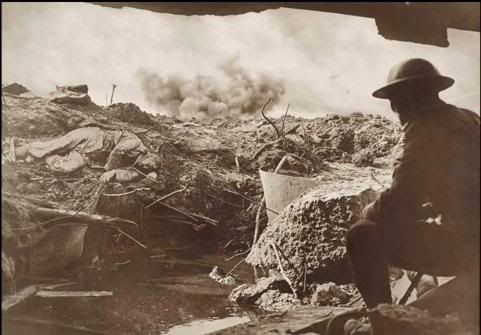From my experience as a graduate student in a history department at an American university, yes, military history is almost a swear word. Most non-military schools would prefer to think that military history has no relevance compared to cultural, social, or political histories. Normally these civilian historians accuse their military-focused counterparts for lacking intellectual nuance and being self-serving, as civilian historians don't see any application for military history outside of training future soldiers and officers. Of course, many civilian-focused historians hope that there will be more war at all, which would entirely render the study of military history functionally redundant.
I imagine the rift between pro-Napoleon and pro-Talleyrand authors has to do with the rift that Talleyrand made for himself between him and Napoleon, especially as he did more or less throw the ousted Emperor to the wolves once the Coalition's armies had crossed the Rhine into France.









 Reply With Quote
Reply With Quote









